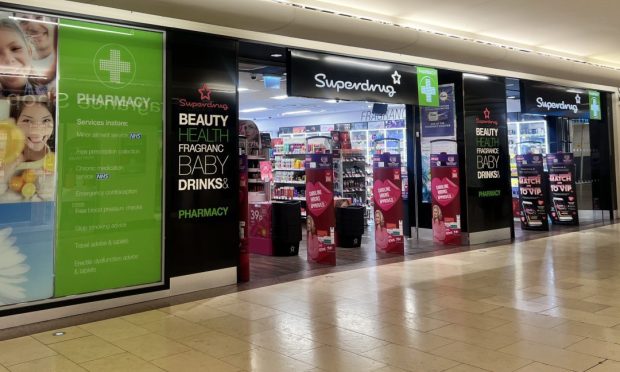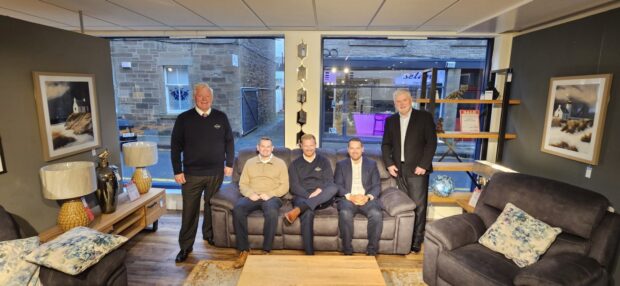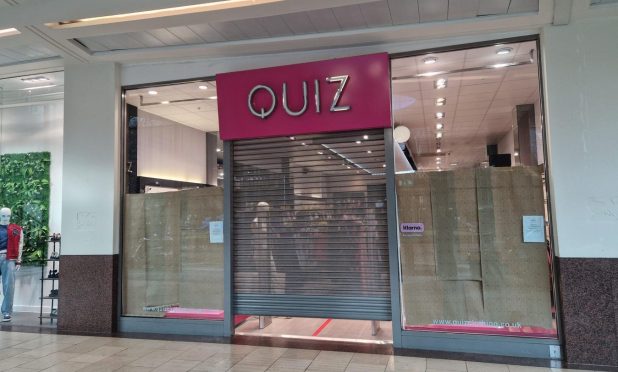The number of small businesses in Scotland benefiting from the bonus scheme has risen by 55% since it was introduced by the Scottish Government eight years ago.
The increase in the Small Business Bonus Scheme (SBBS) from 64,179 in 2008-09 to 99,559 in 2015-16 was welcomed by SNP MSP Ivan McKee.
The member for Glasgow Provan said the near 100,000 small business who were benefiting enjoyed savings of around £1 billion in total.
He stated: “These are strong figures which demonstrate the huge success of the Small Business Bonus scheme.
“The SNP is absolutely committed to growing Scotland’s economy, ensuring our country is the most competitive place in the UK to do business and an attractive prospect for investors.”
The SBBS is for businesses with properties with a combined rateable value of £35,000 or less.
It is targeted at small businesses whose rates represent a high proportion of turnover.
Properties with a rateable value of up to £10,000 receive 100% relief ; £10,001 to £12,000 50%; £12,001 to £18,000 25%, and £18,001 to £35,000 25% on each individual property with a rateable value of less than £18,000.
There are conditions relating to the amount of public sector funding received and eligibility for other non-discretionary business rate relief.
David Lonsdale, director of the Scottish Retail Consortium, said the SBBS was welcome recognition of the need to keep down costs, but around three-quarters of retail employment in Scotland is concentrated in businesses receiving no support through the SBBS.
He stated: “For these firms business rates have escalated year after year – and increased again in April – with little regard paid to trading or economic conditions.”
Another problem was the £60 million hike in the rates supplement on firms operating from medium and larger sized premises, which affected one in every eight commercial premises.
Mr Lonsdale said the upcoming review of rates to be led by Ken Barclay must deliver a reformed system which is modern, sustainable and competitive.
He added: “A fundamentally reformed rates system and substantially lower tax burden would increase retailers’ confidence about investing in new and refurbished shop premises, create jobs and help revive high streets and town centres.”










